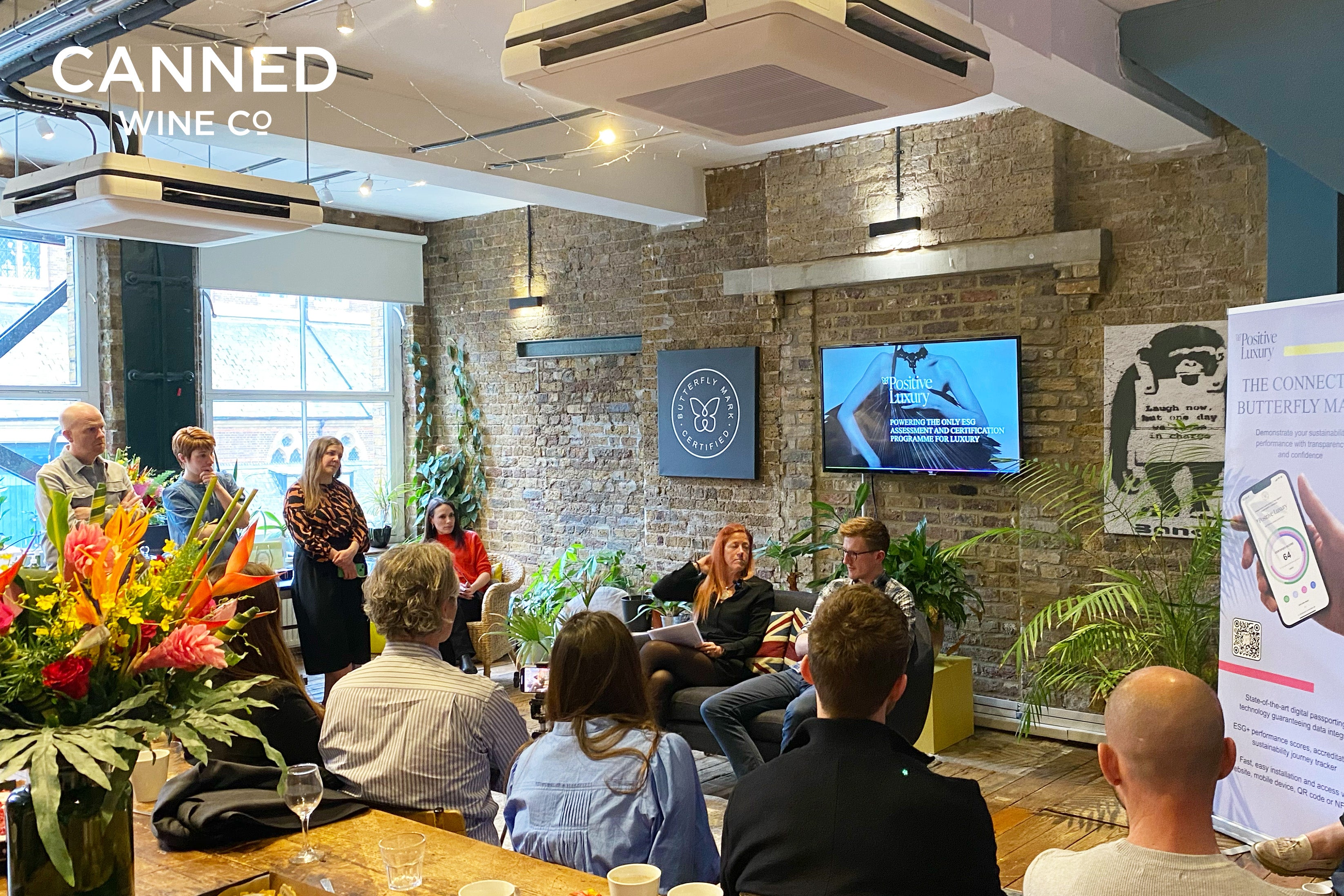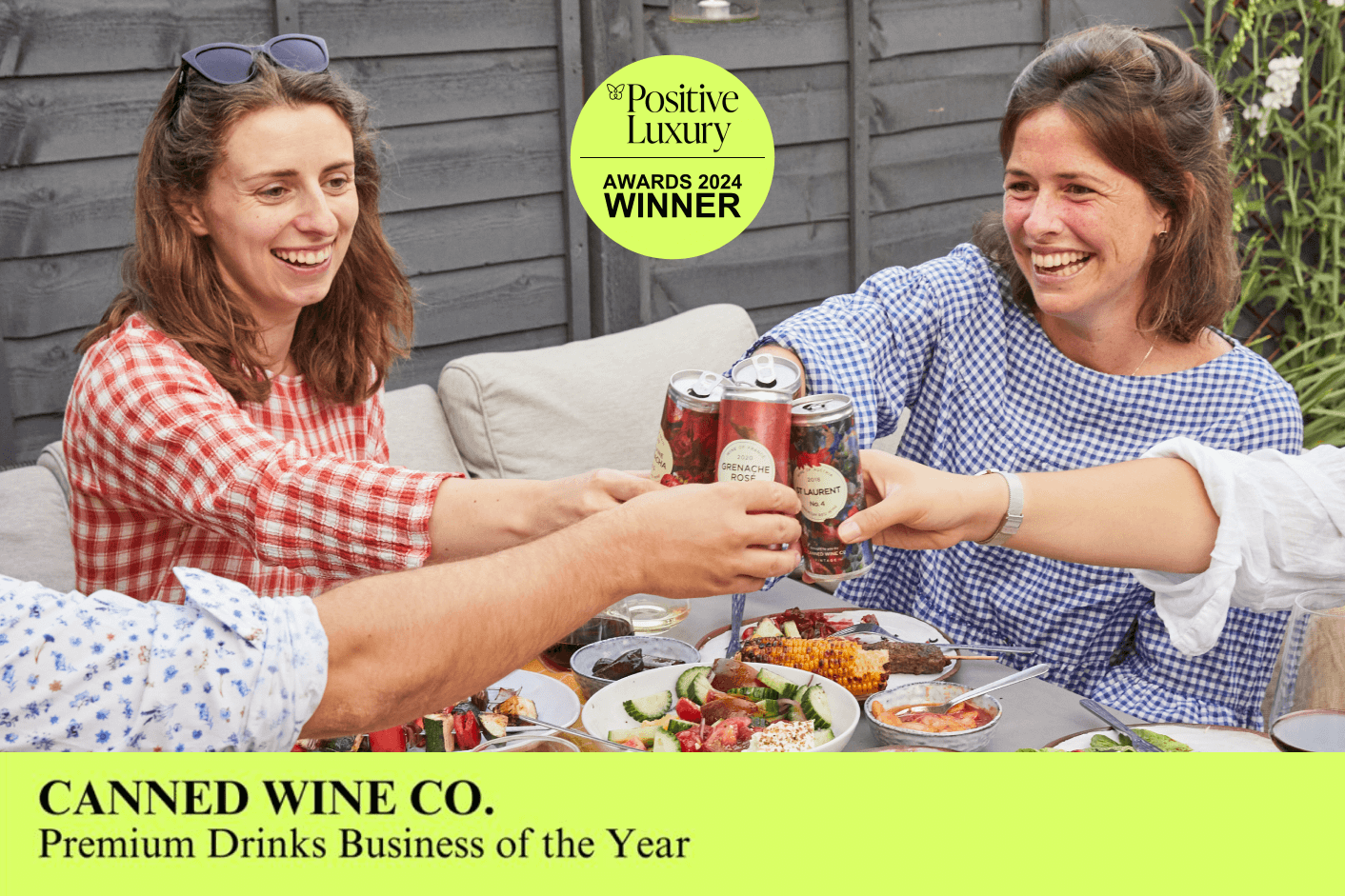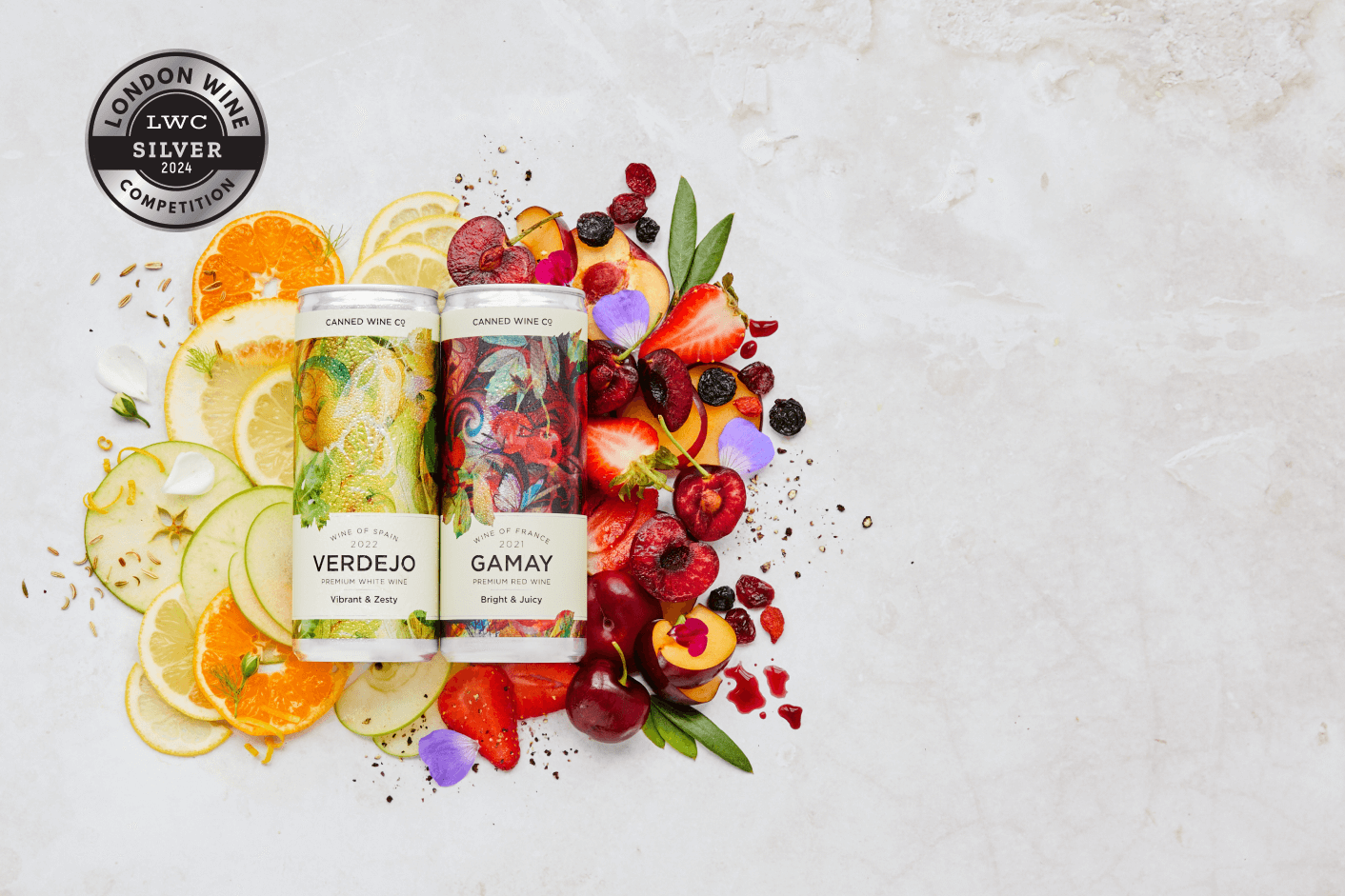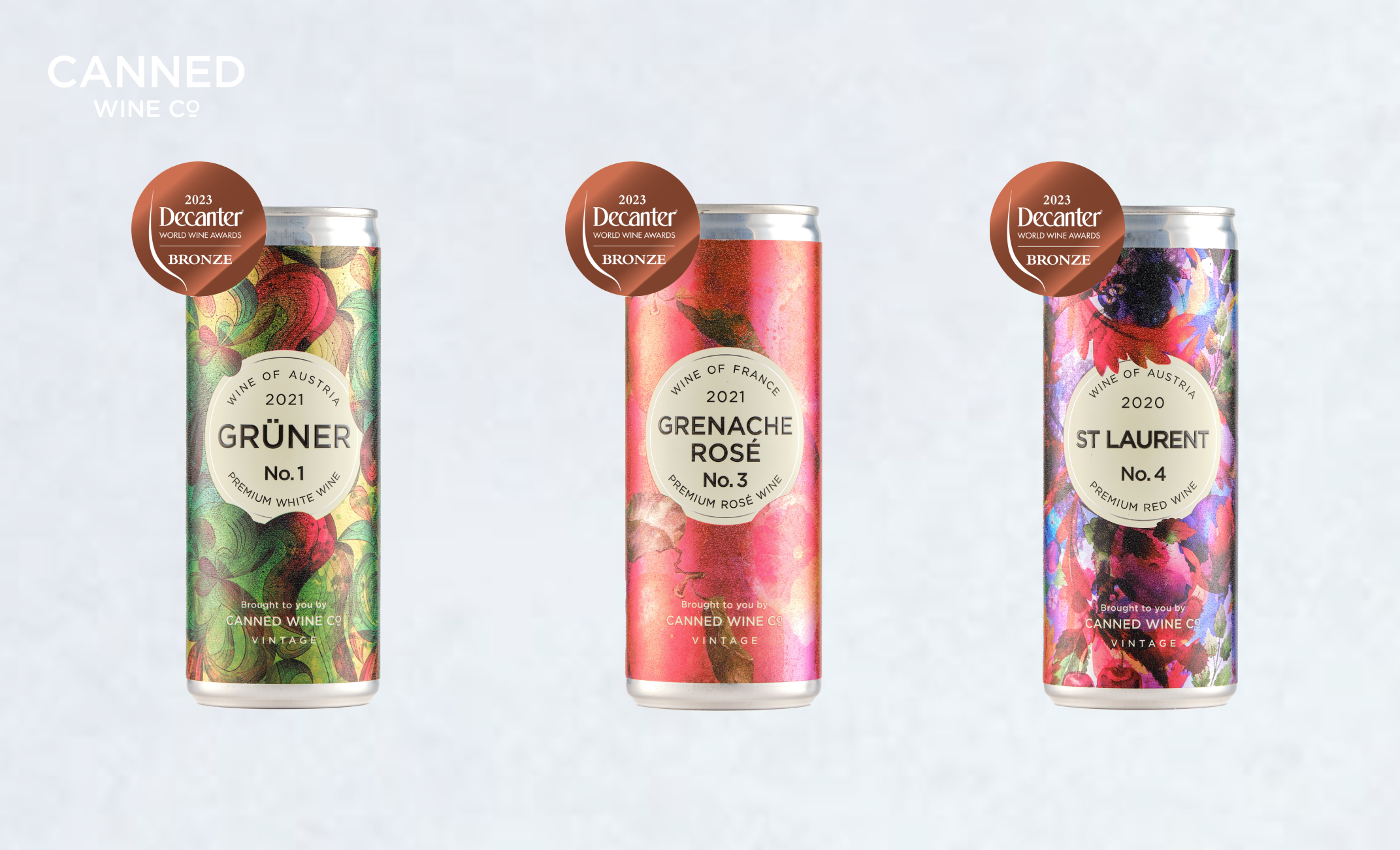A typical day as a Sustainability & Operations Manager is always different. One day it is going through supplier approval questionnaires with new wine suppliers, another it is collecting data on our energy usage. Some days include talks – like speaking at Transition Bath's Sustainability Shorts event about "Integrating Sustainability into Start-Ups".
Using my experience at Canned Wine Co. and a Masters from the University of Edinburgh in Carbon Management, I tried to distil what I've learnt about sustainability in a business setting into 7 tips.
1. Embed sustainability into the business model & product
The most straightforward way as a start-up to integrate sustainability is embedding it right from the outset into the business model and product offering and make sustainability part of the unique selling point that sets your business apart from competitors. It is much more difficult to retrofit sustainability into an already established business.
Here are a few case studies:
- Canned Wine Co. - redesigning the supply chain set-up from the start and choosing a different packaging format than the status quo in the wine industry.
- SOJO - clothing repairs and alterations collections and delivery via an app to build a sustainable fashion future in which clothes fit our bodies, values and planet
- Keel Labs - harnessing the power of the oceans to create materials, such as the seaweed-based fiber called Kelsun
- REDUCED - flavour solutions for food service and industry customers using fermentation to process food waste and side streams
2. Define a clear purpose
Having a clear purpose of what the business is trying to achieve, which problem it is solving, is key to creating and assessing impact. The purpose then filters down into the product offering, ways of operating, revenue streams, business goals and metrics that define business success and sustainability.
I think a key thing here to remember is that as a business you will not solve every social and environmental problem you can identify. It is better to be really clear on your purpose and align your sustainability strategy with the purpose - this also comes across as more authentic and can better align team efforts.
3. Everyone has to co-own sustainability
Everyone has to be involved in sustainability and there needs to be support from the leadership team. Sustainability should not be seen as an afterthought, but as a part of everybody’s roles, with everyone having goals aligned with the overarching sustainability strategy. It is useful to dedicate someone to be responsible for the overall delivery that can coordinate and project manage the various sustainability initiatives, but it should not be a one-person job.
For example, at Canned Wine Co. I am responsible for the overall delivery of our Sustainability Roadmap, our carbon footprint analysis and certification processes, but everyone has tasks in our Sustainability Action Plan and we now have monthly meetings with the department heads to discuss progress.
4. Take care of people
Sustainability is not just about the environment. People are integral to fulfilling the business purpose and achieving your sustainability ambitions. As a small business with limited resources, the largest sphere of influence and ability to create positive impact quickly is often with people - the team, suppliers, customers, partners, and wider community.
This includes looking at culture, fair pay, nurturing talent, being committed to creating a safe, diverse and inclusive working environment, engaging with local communities and business communities and helping customers make better choices. The list goes on!
5. Align the business with a certification body
There are many businesses out there now that are claiming to be sustainable. As consumers, we are bombarded with messaging every day, with varying amounts of greenwashing. It is hard to keep track of what is true. Even though this is something I’ve struggled with at Canned Wine Co., I now do believe that aligning yourself with a relevant certification for your industry adds credibility as your sustainability claims are verified by a third party (e.g. B Corp, Positive Luxury's Butterfly Mark, Soil Association, Fairtrade, Planet Score). Usually the certification body is more well-known than your brand as a start-up as well, so this can help with gaining consumer awareness and opening commercial opportunities.
I’ve also found that certification processes help keep you accountable and help embed necessary governance structures into your business.
6. Make data collection habitual
In order to measure whether you are having a positive social and environmental impact, and reducing negative impacts, you need data. From going to different workshops and conferences, everyone seems to agree that as a business you need to make data collection a habit, so that you are not scrambling just before a certification or audit - or not measuring it at all.
This often requires close collaboration with suppliers to provide you with primary data on energy use, water use, waste streams, worker protection and many more. Aligning with suppliers that share your sustainability values has multiple benefits – including that they are more likely to be collecting this data themselves and can more easily pass this on to you.
I think it is also worth mentioning here that you do not have to do everything alone. I was convinced that with a Carbon Management degree I should be able to figure out how to do a company-wide carbon footprint analysis for Canned Wine Co. And while I know what Scope 1, 2, and 3 are and the basics of cradle-to-gate vs cradle-to-grave, I do not have access to all of the data and emission factors to measure our carbon footprint. After speaking to many different service providers, I’ve finally decided to get help from Zevero, who are specialised in food and drinks start-ups and have an integration with our inventory management software.
And this leads me on to our last point…
This is a lesson I have personally learned - I know that my own perfectionism has held back Canned Wine Co.’s sustainability journey. The issues we face today, climate change, inequality, mental health crises, are complex and there is no one right way of fixing them and you cannot fix them alone.
Especially as a start-up, there is always limited time, limited cash, and high ambitions. It is better to take many small steps than none at all for fear of doing it wrong and it is essential to collaborate with others to make positive change together.
Let me know your thoughts and your tips for integrating sustainability into start-ups.






